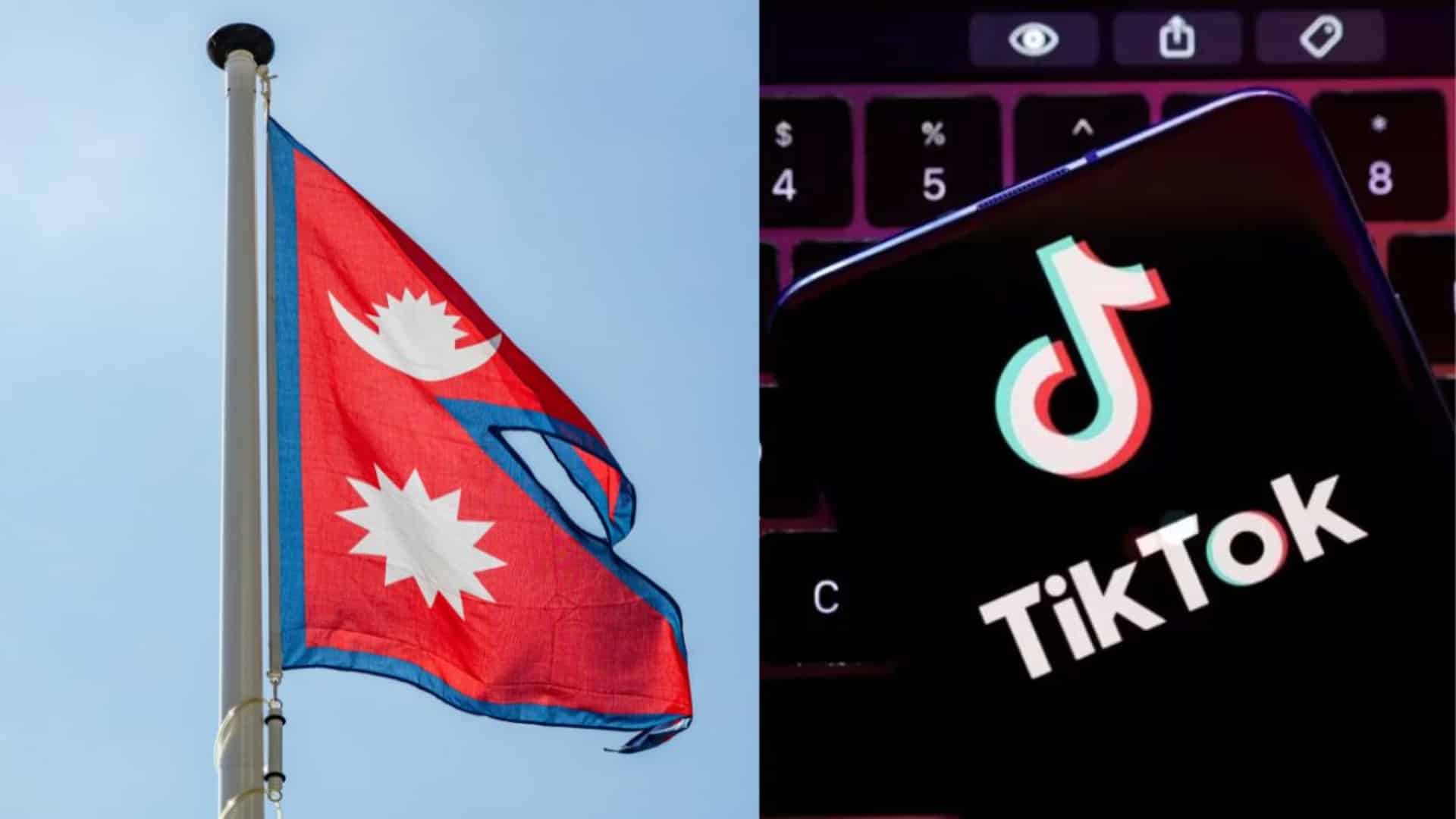Nepal has declared its intention to ban TikTok, the widely popular video-sharing platform, on Monday, citing the app's negative impact on the country's social harmony. The move comes as several nations have imposed restrictions on TikTok, alleging violations of data rules and expressing concerns about its potentially harmful effects on young users.
Minister for Communications and Information Technology, Rekha Sharma, announced the decision, stating, "The decision to ban was made today, and relevant authorities are currently addressing the technical issues." The ban underscores the growing global scrutiny over TikTok's content and its implications for societal well-being.
Sharma emphasized that the ban was motivated by TikTok being consistently used to share content that "disturbs social harmony and disrupts family structures and social relations." The decision aligns with a broader trend among countries to reassess the impact of social media platforms, particularly on younger generations, amid concerns about potential negative influences on society.
With approximately one billion monthly users, TikTok has become a cultural phenomenon, but its rapid rise has also attracted regulatory attention. The ban in Nepal highlights the challenges faced by tech companies in navigating diverse cultural contexts and aligning their services with local norms and values.
As Nepalese authorities work to address technical aspects of the ban, the decision raises questions about the role of governments in regulating digital platforms to ensure societal well-being. The move by Nepal is part of a larger global conversation about striking a balance between the benefits of digital connectivity and the potential risks associated with certain online content.




















